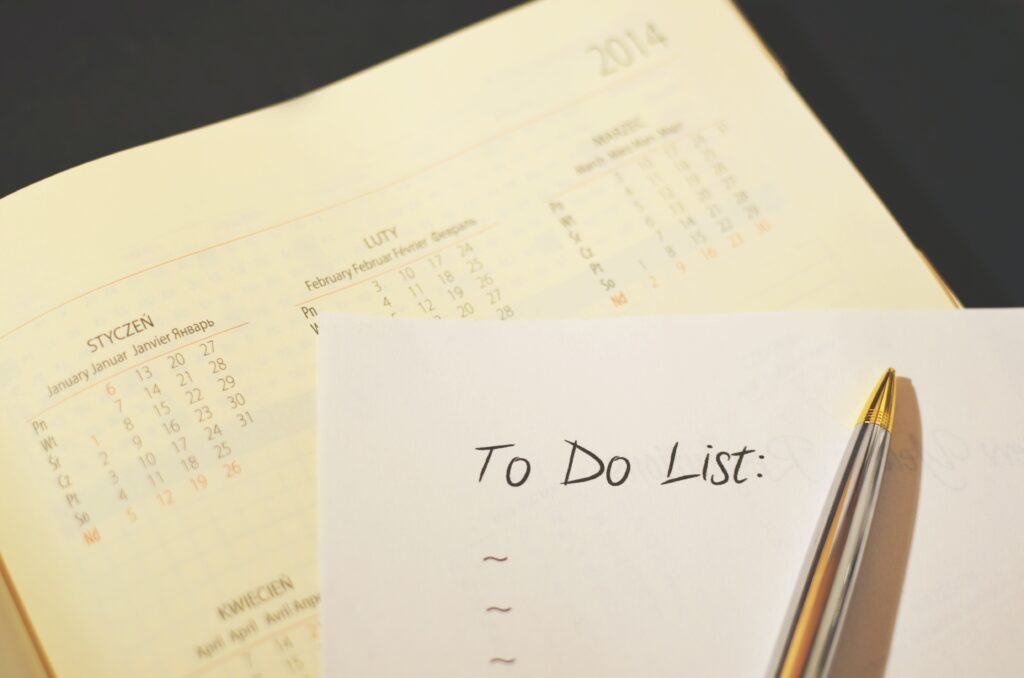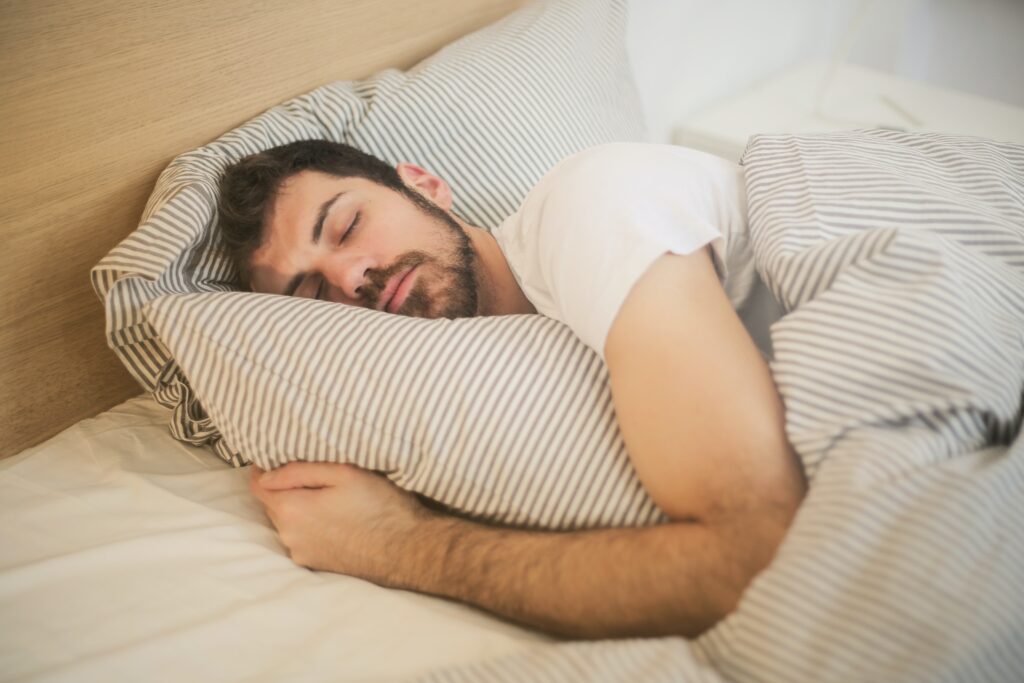It’s been more than two & a half months since the Government of India declared lockdown across the countryÔÇØ as apart of response to COVID-19 (coronavirus pandemic). And let’s be honest (at least with ourselves), that we all have gained a little weight here and there. We never thought the pandemic would last this long and somehow our mind tricked us into eating a little more than usual, which our inner-self temporarily convinced us, would compensate by going to the gym after the lockdown is over (& that seldom happens). We have seen it in Kashmir during (and after) hartals etc.
Tool on mental health
What we don’t realize is that weight gain not only affects the physical structure of our body but also contributes to bad or unstable mental health.
The first thing undesired weight gain does is, it decreases the self-confidence in individuals. Additionally, overweight people are also more likely to lose the psychological benefits of exercise. If they feel rejected, unattractive, or suffer social discrimination, the emotional strain may cause further weight gain. The problem is worse if they fail to lose weight and are Blamed (or blame themselves) for lack of self-control. However according to most studies a clear association between mental health and weight is not found.
But with the abundance of overweight people, there is plenty of room for exceptions. Some research suggests that depressed persons are more likely to develop the metabolic syndrome that often accompanies excess weight, especially when this weight is concentrated around the waist. People may console themselves with “comfort food”, which is usually high in fat, sugar, and calories because they are anxious, lonely, angry, or suffering from low self-esteem. There is a characteristic type of depression with symptoms that include lethargy and overeating. Like most mind-body interactions, obesity can lead to ill health, which is linked to depression and anxiety.[1]
So, therefore improvements in both dietary intake and oneÔÇÖs relationship with food will likely result in reduced weight gain and improved mental health, which in turn is likely to improve compliance with medication.[2]
SO HOW DO I AVOID WEIGHT GAIN?
Here are a few tips that will help you fight weight gain during and after this pandemic:
1. Make a plan:
If you fail to plan, you plan to fail.You have two choices; either eating healthy and minimal until the fitness centers reopen again or lose weight at home. After your goal becomes clear, start jotting down the list of items you will need. Don’t forget to stock your grocery cart with high-fiber, high-protein snacks to curb hunger, like avocados, whole grains, and vegetables. Create a structure for your plans and add routines. Quarantine life means that you cannot run to the store every time you miss an ingredient. So it’s much more convenient if you plan out everything beforehand and build meals around it. Also, commit to adding some form of exercise to your schedule.
2. Cut on liquid calories:
Liquid calories are often referred to as empty calories that are of no good to the body as they provide no nutritional value. Anything from alcohol, soda, ice tea, energy drink to red wine- all of them come under the same category. A single glass of whiskey contains a massive amount of 250 calories whereas a glass of vodka contains 231 calories. You can easily replace these drinks with water, sugar-free drinks, vegetable and fruit smoothies, and diet drinks. You can also opt for skimmed milk unless you don’t have some sort of allergies to it.
3.Stop mindless snacking:
How many times a day do you find yourself standing in front of the fridge finding a new snack? 5? Maybe 10? Well, you’re not alone in this because being stuck inside the food attracts us all! But most of the time we eat out of boredom and not hunger! Every time you find yourself in front of the fridge, ask yourself, am I really hungry? If not then step back away. Because mindless eating can turn you into a potato couch before you even know it. What to do then? Keep tempting treats out of sight to prevent you from eating them mindlessly. On the other hand, keep healthy foods visible if hunger strikes.
4.Normalize your sleeping pattern:
Research suggests that less sleep may be associated with negative changes in metabolism. One explanation might be that sleep duration affects hormones regulating hunger ÔÇö ghrelin, and leptin.[3] That means if you get regular good night’s sleep you won’t have the appetite for eating mindlessly. Also, don’t oversleep as it would also contribute to bad health. Balance it with 6-8 hours of regular night’s sleep.
5.Keep moving:
There’s a lot that you can do at home other than going out for a run to keep yourself physically active. Help in the chores, download workout apps, dance apps, or even do yoga. Set aside 15-20 minutes daily for working out and dance to your favorite songs whenever you like. If you’re serious about losing weight, then consider eating less than you burn.
Remember, Rome was not built in a day. It takes at least 21 days for a habit to form or break. So be patient if you want to see changes in your body, which will eventually help you in improving the quality life. There is nothing more important than your health, so take a few deep breaths and pledge to start living a better and healthy life.
Can you think of any tip/s (however small) that might help others to reach the above goals.Do comment with your thought.
References:
[2] https://www.priorygroup.com/blog/the-relationship-between-mental-health-and-obesity






